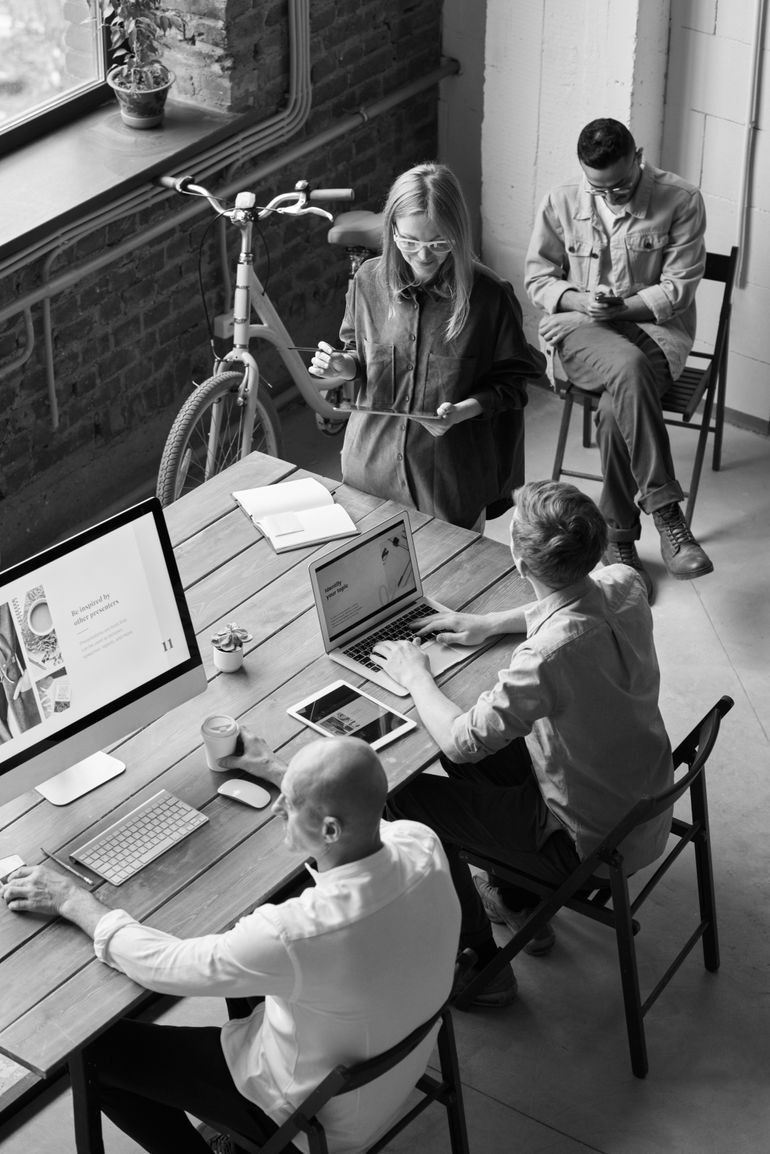To our generation, multitasking is the new normal. Answering a phone call while loading the laundry and booking an appointment with the dentist is par for the course. With the fast-paced lifestyle that we all now lead, it’s only natural to juggle multiple things. It may seem innocent enough, taking a quick break to answer some emails or have a quick scroll through Instagram, but the sad truth is that multitasking isn’t helping you, it’s hindering your productivity.
Why it doesn’t work
There are numerous studies that show our brain isn’t really capable of performing different tasks simultaneously. Simple things like walking and talking are possible, but more complex duties, especially ones that require your brain’s attention, are almost impossible to accomplish proficiently.
Every time you switch between tasks, you switch the context of the work that you are doing. Research shows that a person takes an average of 23 minutes to refocus after a distraction. Each little interruption is enough to disrupt your flow of thought and instantly make you less productive.
Poor work comes with poor work ethic
It might seem contradictory to say that finishing two tasks in one hour is less efficient, but you exhaust much more brain power when you keep diverting your attention between tasks. Shuffling jobs and continually backtracking means that you never focus on a problem for long enough to arrive at a solution. Researchers at MIT have even compared this to a traffic jam “where projects get backed up behind other projects much the way cars get stuck in traffic when there are too many on a highway at once.”
This also increases your chances of slipping up or making mistakes. While you may feel like a multitasking master, the quality of your work might be suffering. If that wasn’t bad enough, there have been studies that prove that multitasking can impede your working memory and lower your IQ by up to 15 points. Yikes.

It’s not just your results that are affected
Since human beings aren’t wired to balance multiple tasks, it should come to no one’s surprise that it has adverse effects on both your mental and physical health. Numerous studies have confirmed the correlation between the increase of cortisol, the stress hormone and multitasking. When you can’t handle the stress, your brain pumps out adrenaline to help cope with it. If you’re a regular multitasker, this is can throw your body and mind out of order.
Multitasking is also linked to higher chances of experiencing burnout. Switching tasks causes you to run through your brain fuel faster than normal and can leave you feeling mentally fatigued even after a few hours. If you find yourself constantly feeling drained, you now have the answer.

So, what do I do instead?
If you’re looking for ways to fix the problem, there’s no easy, one-step solution. Multitasking has now become a way of life. However, nothing is impossible, so here are a few tips that could help you change your mindset and break the habit.
Time blocks: Scheduling tasks like answering emails and planning out your workday is a great way to avoid multitasking. Bear in mind, organising your day is the easy part. Finding the discipline to stick to your diary is the real challenge.
The Pomodoro technique: The Pomodoro method is a popular time management technique that developed in the 1980s. The technique uses a timer to break down a task into 25-minute chunks and rewards you with a 5-minute break after every interval. If you find it hard to concentrate for a longer period of time, look no further.
Turn off your distractions: That little ding of a notification is practically a funeral toll in the memory of your productivity. Social media is without a doubt, one of the worst offenders of efficiency. Turning off your notifications at work is a surprisingly simple way of staying focused; out of sight, out of mind!
In addition to this, practicing mindfulness and meditation has shown to positively impact your growth and productivity. It’s easy to get lost in our endless to-do lists, but if you take it one task at a time, you’re bound to do a much better job.
It turns out that slow and steady really does win the race.
You’re invited! Join the Kool Kanya women-only career Kommunity where you can network, ask questions, share your opinions, collaborate on projects, and discover new opportunities. Join now.




